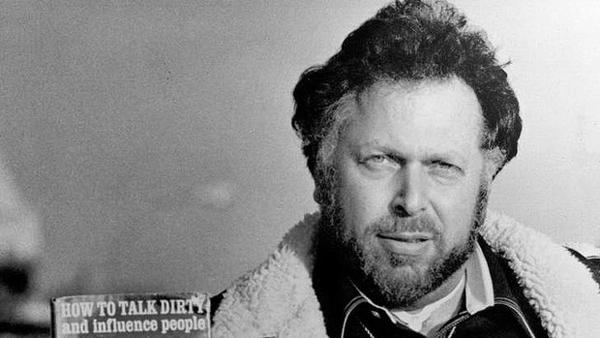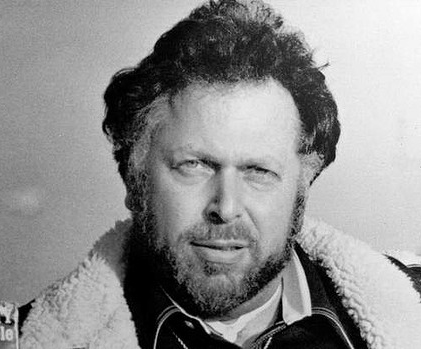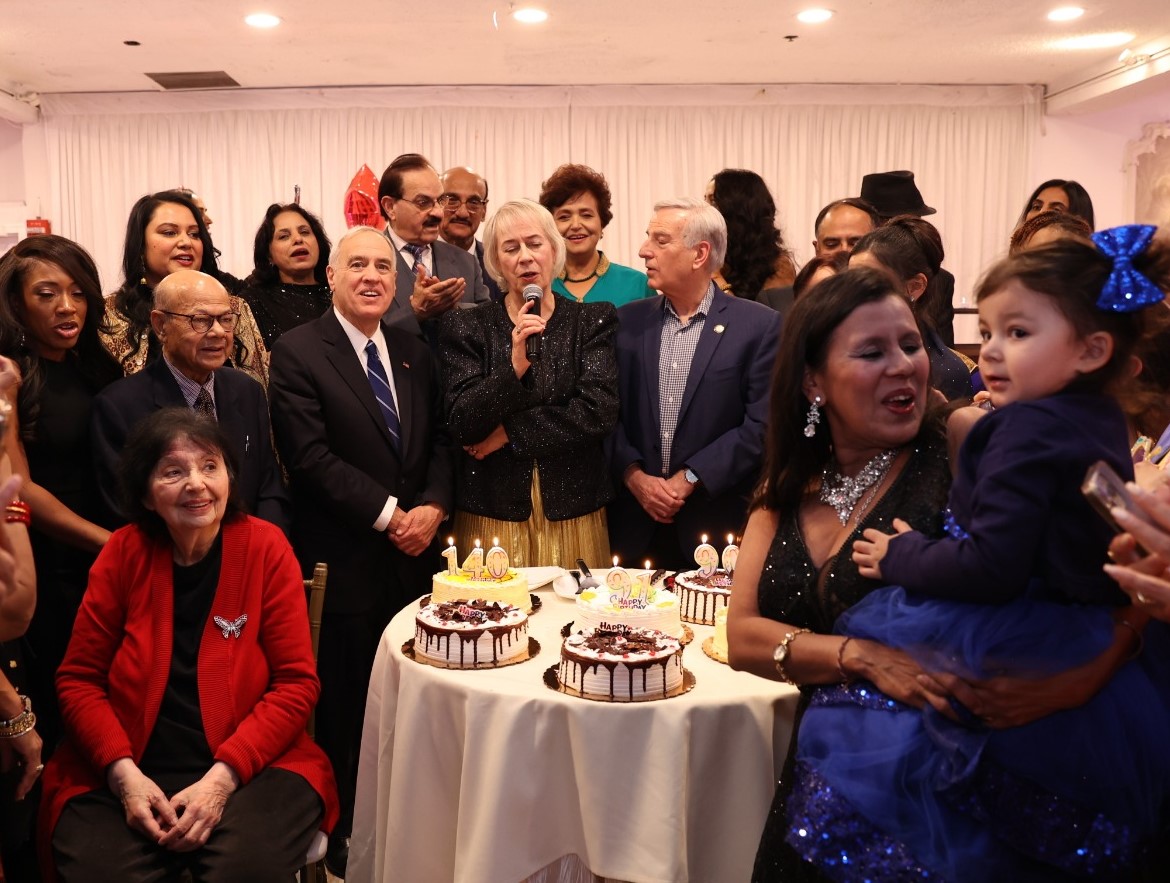
BY ALBERT AMATEAU | Al Goldstein, who pioneered the commercialization of pornography with Screw magazine, which he co-founded in 1968, died Dec. 19 in a Brooklyn nursing home where he spent the last several months of his life. Goldstein was 77.
By the time Screw folded in 2003, pornography was a $10 billion mainstream industry, but Goldstein was virtually homeless and the fortune he had made was gone.
Along the way, he was arrested for obscenity, lost and won First Amendment cases and more recently was convicted of harassing one of his ex-wives.
Goldstein had started several other magazines, but all failed. Some of the titles included Death, Smut, Cigar and Mobster Times, according to a Page One obituary in The New York Times by Andy Newman. Goldstein also ran “Midnight Blue,” a cable TV show, but it too folded.
In September 2004, considerably slimmed down from his top weight of 350 pounds after some hard times, Goldstein began what he hoped would be the beginning of a new career when he landed a job as the host of the 2nd Ave. Deli, at its former longtime location on E. 10th St.
In an article at the time by Mary Reinholz in The Villager, he commented on his new job, saying, “I love it because I’ve always preferred food to sex. It doesn’t tell me I’m not big enough. It doesn’t take my house and it doesn’t take a testicle. So for me, as I walk by windows of food, it’s better than being in a topless bar.”
Jack Lebewohl, owner of the restaurant since the unsolved 1996 murder of his older brother Abe, who had been an old pal of Goldstein’s from Brooklyn, told Reinholz how he came to give Al the job.
Goldstein was living in a Manhattan homeless shelter after losing his palatial home in Florida, and was accompanied by a film crew recording his misadventures, when they walked into the deli near E. 10th St.
Goldstein asked Lebewohl for a job.
“I cried and said my life was over and Jack said, ‘What would my brother do?’ And he hired me on the spot,” Goldstein told Reinholz. “Ninety-five percent of your friends abandon you. Jack is one of the 3 percent of the people who stayed with me,” Goldstein said.
Lebewohl told Reinholz that he first met Goldstein in the 1970s when his brother Abe catered a gigantic party at Plato’s Retreat, a swingers club on the Upper West Side where patrons were encouraged to get stark naked. The affair was Goldstein’s celebration of an acquittal on an obscenity charge.
In 2002 Goldstein was convicted in Brooklyn Criminal Court of harassing a former secretary with telephone threats. The conviction was later overturned. But Goldstein later pleaded guilty to harassing his fourth wife by publishing her phone number in Screw and urging readers to call her, alleging that she turned his son, a Harvard Law School graduate, against him.
Goldstein by that time had married for the fifth time and was living in Queens, but a few years later the couple became estranged.
Lebewohl told Reinholz that Goldstein was “an excellent host” with a future in food service and catering. But in November 2004, the honeymoon was over. Goldstein lost his job at 2nd Ave. Deli over a difference of opinion. Nevertheless, Lebewohl said, “We parted friends.”
Alvin Goldstein was born Jan. 10, 1936, in Williamsburg, Brooklyn, to Sam and Gertrude Goldstein. His father was a newspaper photographer.
Al served in the Army, went to Pace College where he headed the debate team, and for a while was a photographer like his father. According to the Times obituary, Al Goldstein photographed Jacqueline Kennedy on a 1962 state visit to Pakistan and took unauthorized photos of Raul Castro, for which he spent several days in a Cuban jail.
In his 2006 autobiography, “I, Goldstein, My Screwed Life,” he blamed a meek father and an adulterous mother for his psychological complexes, according to the Times obituary.
Before he found pornography, his pursuits included running a dime-pitch game at the 1964 New York World’s Fair, selling carpets and driving a cab, according to a book by Gay Talese quoted in Newman’s Times obituary.
At one time, Goldstein got a job spying on a labor union that he had infiltrated. The experience outraged him and inspired him to write an exposé for the New York Free Press. He became friends with Jim Buckley, one of the Press’s editors and persuaded him to join him in a magazine covering the underground sex scene. The first issue of the new Screw in November 1968 was 12 pages of reviews of blue movies and porno bookstores, nude photos and Goldstein’s personal tests of an artificial vagina.
Goldstein claimed the circulation hit 100,000 but it was never audited. He visited the city’s so-called “massage parlors” and reported on their services in the early 1970s. A 1973 issue with what purported to be a frontally nude photo of Jacqueline Kennedy Onassis sold a reported 500,000 copies.
Over the decades, Goldstein was the target of obscenity charges. His defense lawyers argued that Screw’s relentless articles against censorship made the magazine sufficiently political to be protected by the First Amendment. One suit was overturned and another ended in a hung jury.
However, as pornography became more mainstream following Screw’s lead, the magazine’s dominance in sex advertising declined.
In Reinholz’s 2004 article in The Villager, Goldstein said Screw folded “…because the Internet will give you all the porn you want.”


































